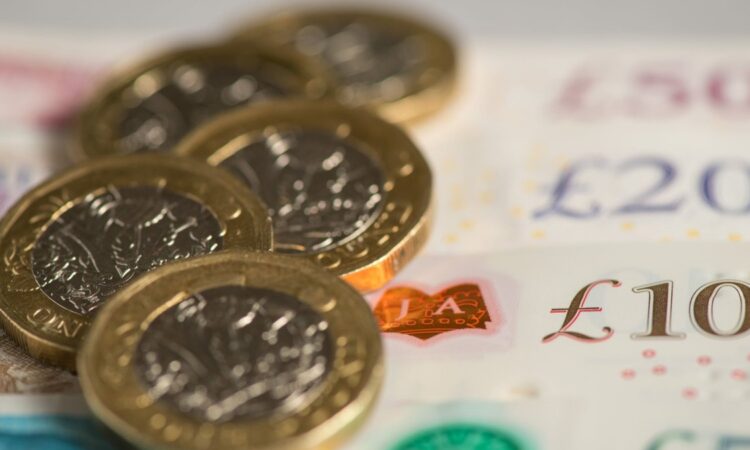When is the cost of living payment due? Deadline for autumn support and when it should reach banks

The next instalment of the £900 low-income cost of living payment will start being paid to those eligible from the end of October.
The grant is being sent to more than eight million of the country’s most vulnerable households as the UK continues to battle high energy prices and inflation.
It forms part of a range of measures unveiled by Chancellor Jeremy Hunt last year, and is an extension of a £650 payment issued in 2022.
The £900 is being paid in three instalments. The first payment, of £301, was made between April and May. Here’s when you can expect the final two, and eligibility criteria explained.
When is the next cost of living payment?
The Department for Work and Pensions (DWP) will issue the next payment to most eligible claimants between Tuesday 31 October and Sunday 19 November.
People who are eligible solely through tax credits will receive it from HMRC between Friday 10 November and Sunday 19 November. The later start date is to avoid duplicate payments.
The payment will be of £300. It is tax free, will not count towards the benefit cap and does not have any impact on existing benefit awards.
You do not need to apply for the payment. If you are eligible, you should receive it automatically.
The payment reference for bank accounts will be the recipient’s national insurance number followed by “DWP COL” or “HMRC COLSD”.
There will be a final payment of £299 in the spring of 2024. The slightly different payment amounts are to make it easier for the DWP and HMRC to track which grants people have received, in order to minimise fraud risk.
Who gets the cost of living payment?
The grant is being paid to people who receive the following benefits:
- universal credit;
- income-based jobseeker’s allowance;
- income-related employment and support allowance;
- income support;
- pension credit;
- working tax credit;
- child tax credit.
To be eligible for the payment from the DWP, you must have been entitled to a payment for a qualifying benefit between 18 August and 17 September, or a payment for an assessment period ending between these dates.
If you are receiving the payment from HMRC, you must have received a payment of tax credits for any day between 18 August and 17 September.
People will not be eligible for the payment if their qualifying benefit is reduced to nil for the qualifying period. This is sometimes called a “nil award”. Reasons a benefit may be reduced to £0 include:
- you got more than one payment of earnings in your universal credit assessment period;
- your or your partner’s earnings went up;
- your or your partner’s savings went up;
- you started getting another benefit;
- you got a sanction because you did not do something you agreed in your claimant commitment.
You may still be eligible for the payment if your benefit is reduced to £0 and one of the following applies:
- money was taken off your benefit for other reasons, such as payments of rent to your landlord or for money that you owe;
- you had a hardship payment because you could not pay for rent, heating, food or hygiene needs.
The Chancellor said: “Halving inflation and getting price rises under control is the best way to support households struggling with their bills.
“But it is also right that we are helping the most vulnerable in our society, and this latest cost of living payment is part of a package of support worth £3,300 per household on average over this year and last to help those struggling the most.”





